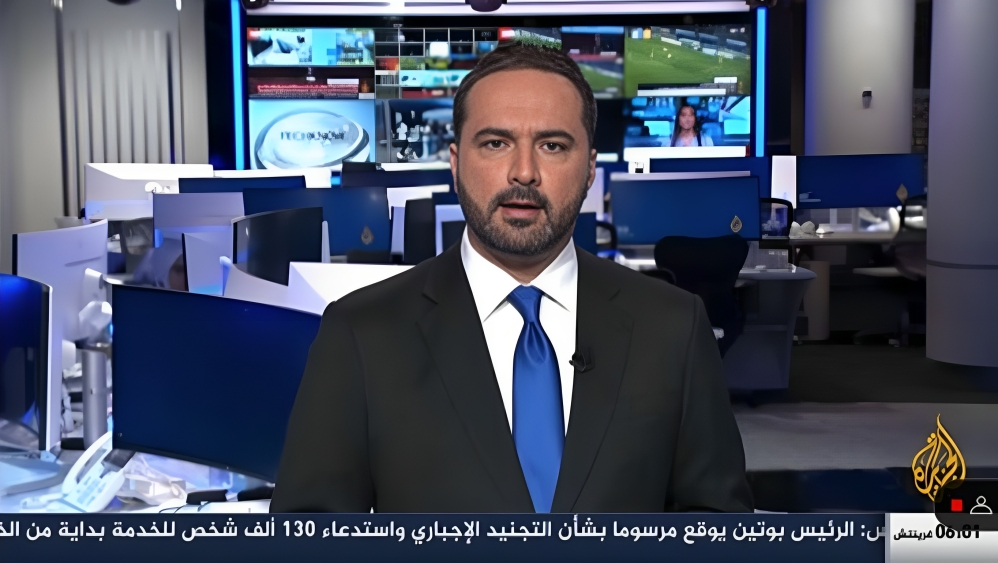This article is part of a series of interviews with people who work in the media to provide the news and views that shape our perceptions of world affairs. Nashwan Hussein Talib spoke to UN Today about his life and career in media.
What is your professional background?
With over 16 years of experience as a news anchor and multimedia journalist, I’ve contributed my skills to various TV and radio stations, including Al Jazeera in Doha, Alhurra and Radio Sawa in Washington D.C., and Alsharqyia in Dubai and London.
What’s the best interview you’ve ever done?
A standout interview in my career was with the Israeli PM spokesperson during the 2010 incident involving a Turkish aid ship to Gaza. Navigating the complexities of the clash between Israel and the ship’s crew made it a challenging yet fascinating experience. It’s these intricate situations that make journalism compelling, reinforcing my belief that the profession is truly worthwhile.
What is the interview you’d like to do but haven’t been able to yet?
My dream interview remains the U.S. president. Engaging in a conversation with the leader of the world’s most powerful nation is a significant milestone for me as a TV host. The evolving global landscape demands discussions on various crucial topics, from China and Russia to the Middle East, Asia, and African development. These conversations are vital for the public to comprehend the unfolding changes and shape their understanding of the future.
What is your view on the role of media?
The role of media is not to pass judgment but to convey facts. In an era of intense political polarization, media faces immense pressure, making it challenging to maintain complete neutrality. As a journalist, I believe self-criticism is pivotal in navigating these complexities and fostering a more responsible media environment.
What is your vision of media 10 years from now?
The media landscape a decade from now will be transformative and exciting. While traditional news stations will persist, the evolving media will compel them to adapt and compete with new platforms. Broadcasting will extend its reach to wider audiences, recognizing the influential role of small screens. Any media company ignoring this shift would make a significant mistake.
Could you share an interesting work-related anecdote?
An unforgettable work-related incident occurred during my coverage of the Iraq war. Amidst my journey back to the office, a tragic event unfolded at a checkpoint attacked by an armed group. Forced to abandon my car, I sprinted to safety, encountering a terrified young child in need of help. The scene remains etched in my memory—the relief on the mother’s face when she saw her child. Such moments underscore the challenges inherent in this field.



